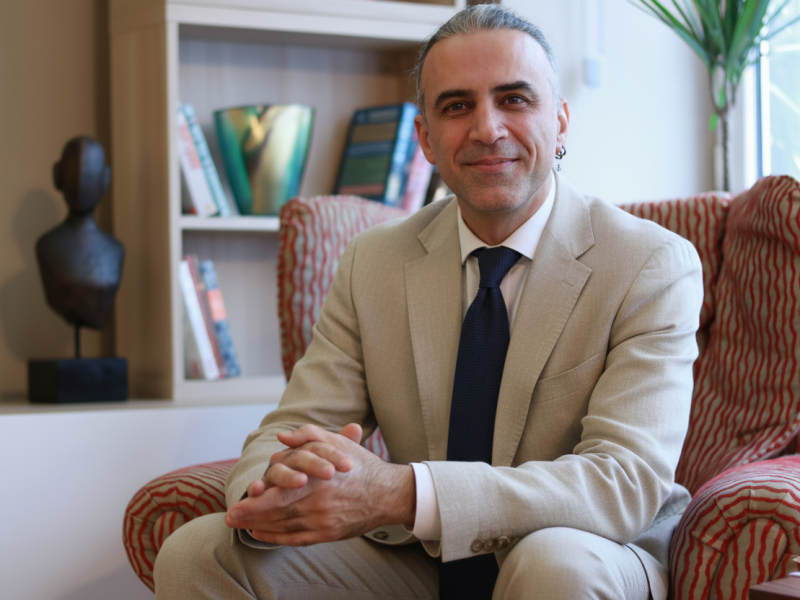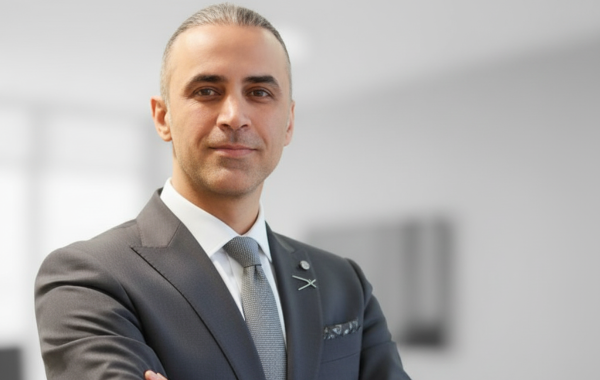Prof. Dr. Ali Keyvan is a respected expert known for his remarkable achievements in the field of psychiatry and his deep commitment to mental health. After completing his medical education, he specialized in psychiatry and has become an expert in modern therapeutic methods such as Cognitive Behavioral Therapy (CBT) and EMDR. Prof. Dr. Keyvan closely follows scientific developments, constantly updating the methods he applies.
He has helped hundreds of patients improve their quality of life throughout his career, and stands out for the trusting relationships he builds with his clients. In addition to individual therapy, he organizes group therapy sessions and educational seminars to raise awareness about mental health. He is committed to professional ethical values, guiding individuals in discovering their inner potential and leading healthier lives.















